Curling originated in the 16th century in Scotland, where games were played during the winter on frozen ponds, lochs and marshes.
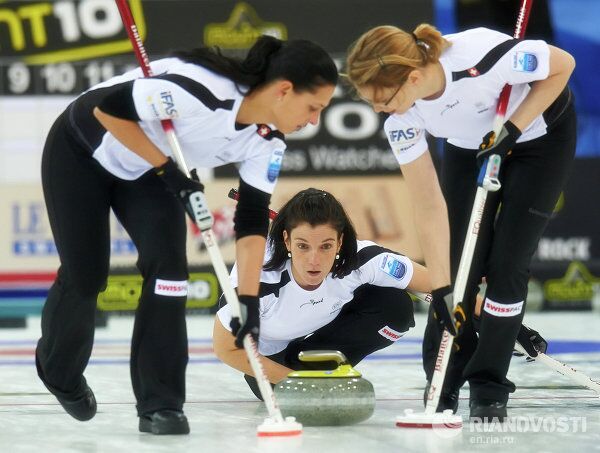
Curling originated in the 16th century in Scotland, where games were played during the winter on frozen ponds, lochs and marshes.
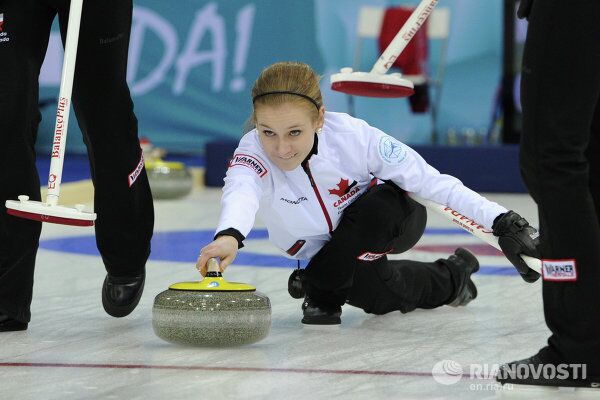
Curling first appeared as a medal sport at 1924 Olympic Winter Games in Chamonix but only in 2006 was it formally accepted by the International Olympic Committee and given its Olympic debut.
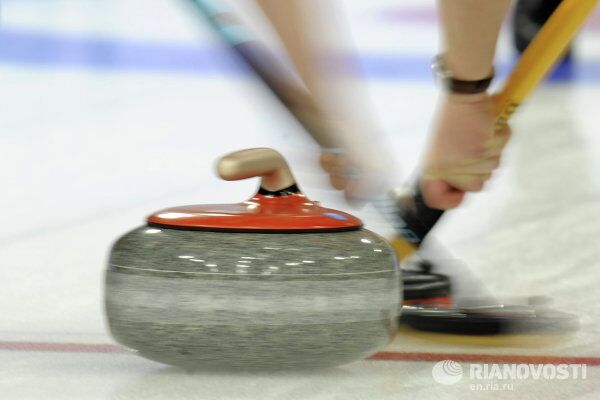
Curling was also a demonstration sport at the Games of 1932, 1988 and 1992. It has been a full medal sport and part of the Olympic Program since 1998.
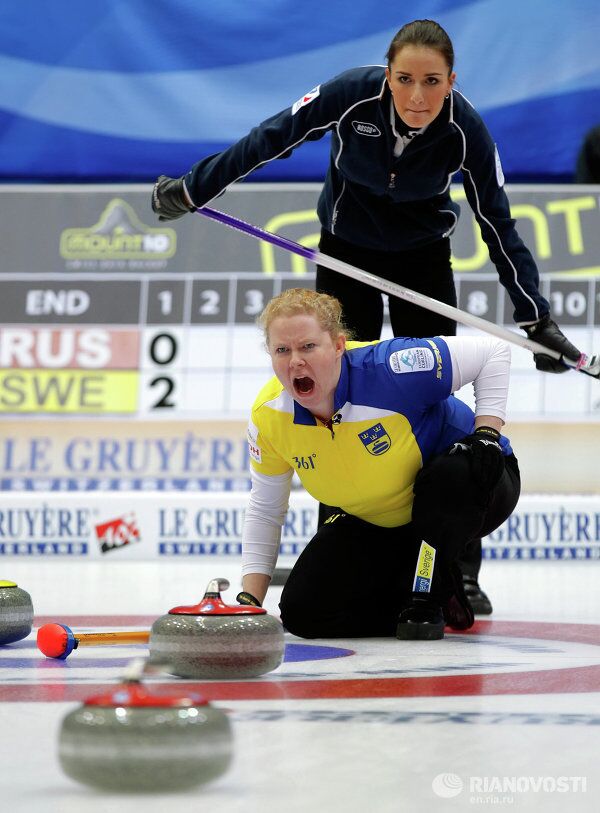
Curling is a sport game played on ice between two teams composed of four players each.
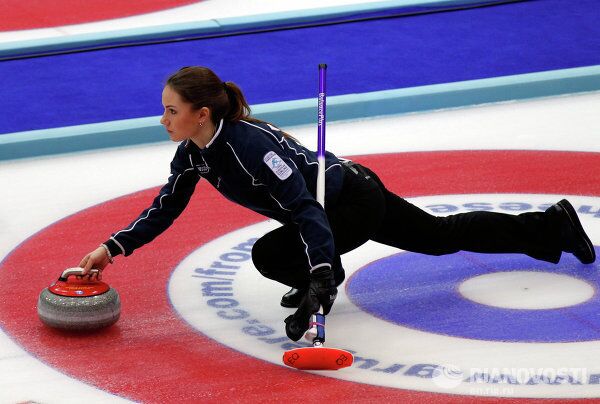
Members of both teams deliver a 19.96 kg stone towards a circular target area, called the "house" alternating with an opponent. The objective is to get the stone closer to the Center of the circles than any stone of the opposition.
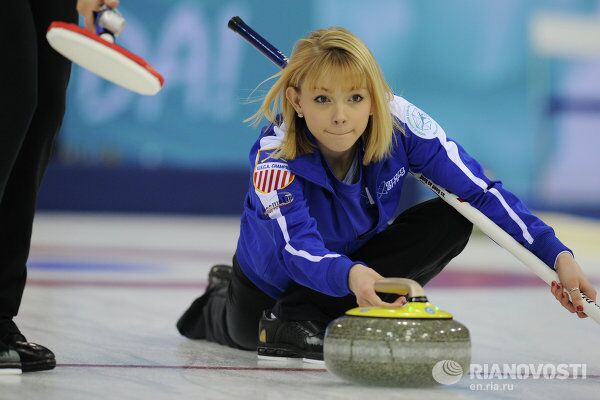
One game consists of ten “ends”. During each end, each team steers eight stones — two stones per person, alternating with the opponent. Team members deliver the stones in a set order presented to officials before the game. The first player is known as the lead. He/she is followed by the second, then the third (also known as the vice-skip) and finally the skip, or team leader.
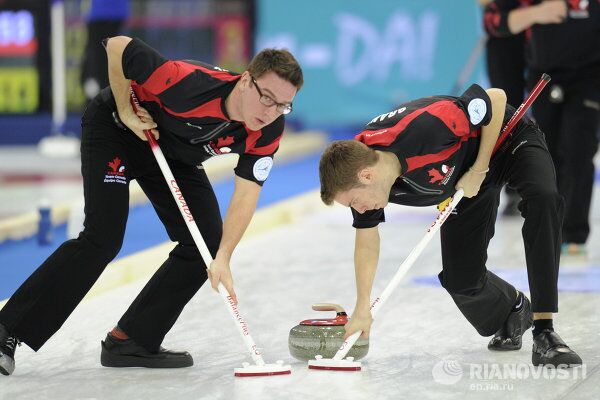
After all 16 stones have been delivered the score is determined. Only one team can score per end.
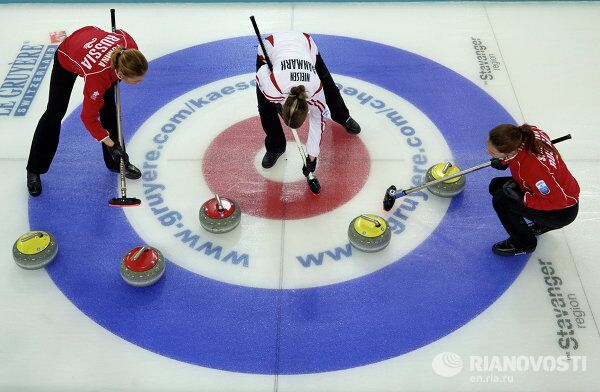
A team scores one point for each of its own stones located in or touching the house that is closer to the center of the house than any of the opposition's stones. The team with the most points after 10 ends is the winner.
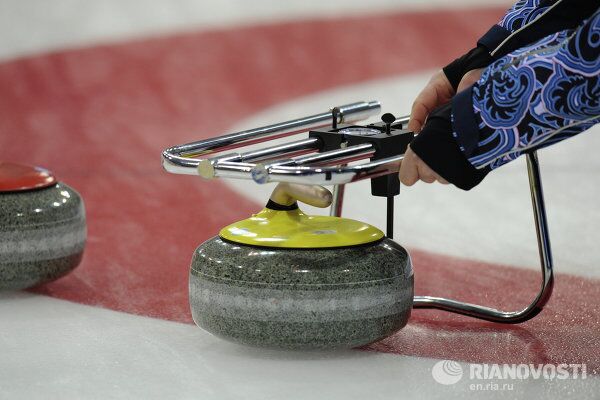
If the score is tied after the 10th end, an “extra-end” period is added. Extra ends are played until one side wins.
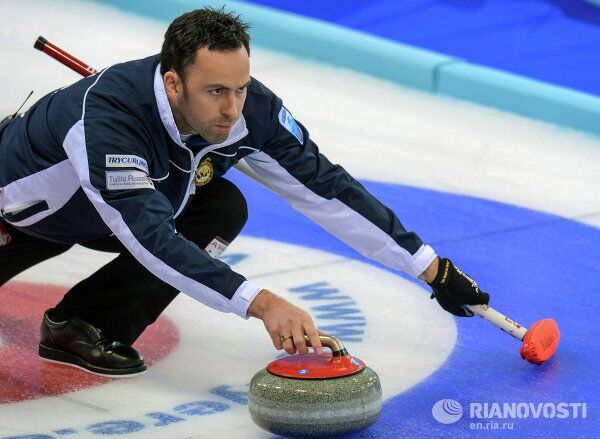
There are two medal events in curling: men’s and women’s team competition.
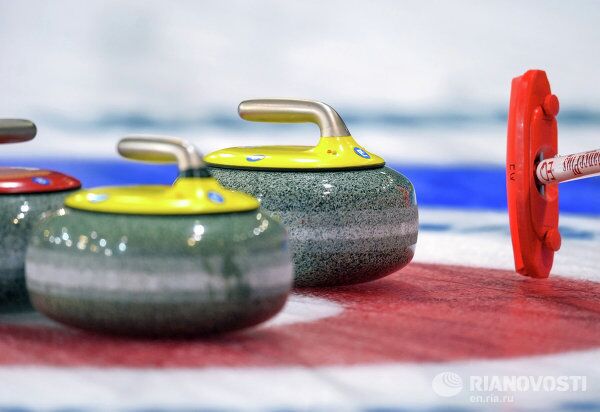
A curling stone is traditionally made in Scotland of rare, dense granite. Each stone weighs 19.96 kg, is polished and is circular in shape.
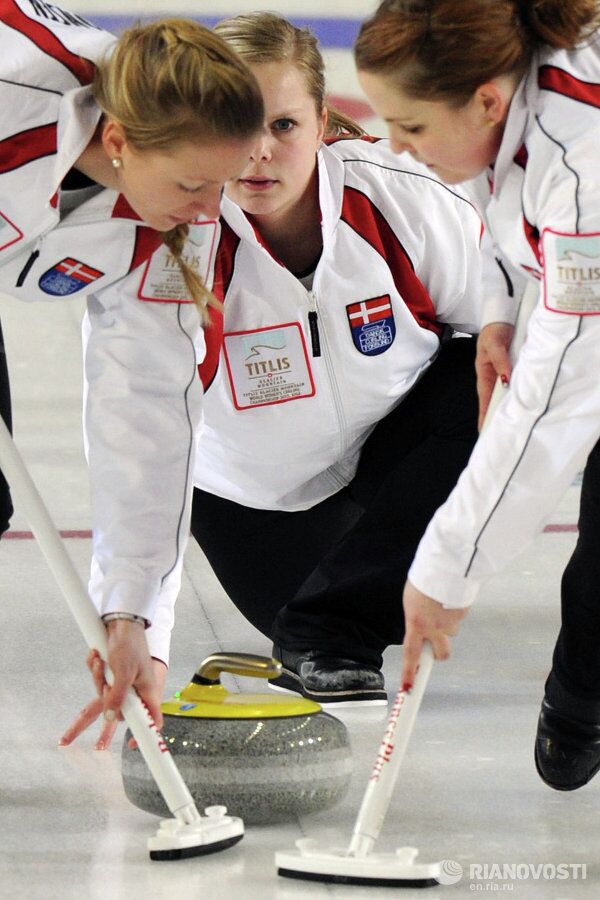
A broom is used to sweep the ice surface in front of the stone. Sweeping creates a film of water between the stone and the ice, which reduces friction, thereby reducing the stone's deceleration and straightening its trajectory or “curl”. Curling brooms can have fabric, hog hair, or horsehair heads.
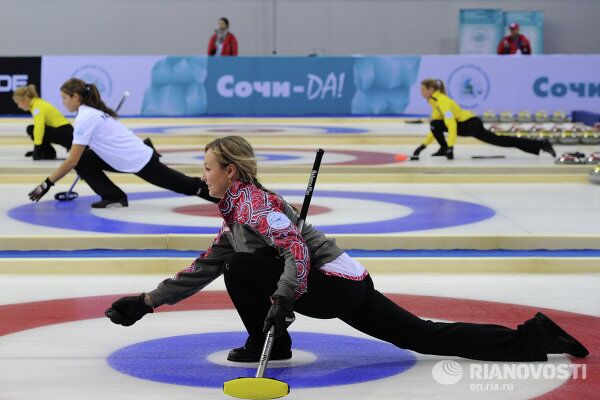
The “Ice Cube” Curling Center is located in the coastal cluster among the Olympic Park's various other facilities. The seating capacity of the facility is 3,000 spectators.

